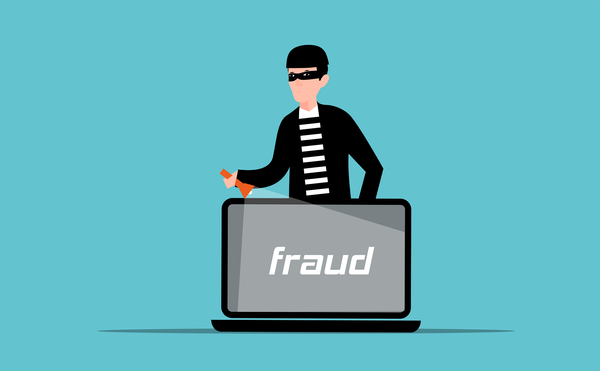Protect Your VA Benefits: How to Spot and Avoid Scams

For many veterans, pension and disability benefits are critical sources of support after they leave military service. Unfortunately, scammers know how valuable these benefits are, so they actively exploit veterans in the US, according to a recent FTC consumer alert.
Here’s what you need to know about common scams targeting veterans, and how you can protect yourself and your hard-earned benefits.
How the scam works
Scammers often reach out by phone, email, or text, claiming they can help you get benefits faster or increase your disability rating. They’ll say you’re “missing out” on payments or benefits — and promise they can fix that, for a fee. However, the only organization that can officially determine your eligibility and award benefits is the Department of Veterans Affairs (VA). Scammers will try to convince you they have a special method or insider knowledge.
Scammers always try to rush you and make you believe that you’re somehow missing out or you risk losing your benefits. This prevalent tactic is designed to prevent you from thinking through the situation or verifying their claims.
Keep in mind that:
- You should never pay to apply for VA benefits.
- The VA does not charge for processing your claim.
- Claims agents or attorneys accredited by the VA will not charge you upfront fees.
- No one can guarantee a specific disability rating
- Anyone who uses fear or pressure to get your money or personal information raises a red flag.
How to Stay Safe
1. Use official sources whenever you have questions about your eligibility and the ways you can apply. The VA provides FREE assistance and will help you gather and develop the evidence you need.
2. Only work with VA-accredited representatives, by using the VA Accreditation Search tool to confirm the person advising you is approved by the VA. These professionals will not charge you up front for filing your initial benefits claim.
3. Take your time to carefully review any documents or contracts before you sign them. Don’t sign over a percentage of your benefits to anyone, and never hand over sensitive personal information (like your Social Security Number) to someone you haven’t verified as legitimate.
4. Use scam-detection tools to verify and identify scams in real time. Before you click any link, engage in conversations or fill out personal information have a chat with Bitdefender Scamio or submit a potentially suspicious link to Bitdefender Link Checker.
Both tools are free and provide a smart and easy way to protect against phishing and many other online scams. If you receive a suspicious message or link regarding your VA benefits, run it through a trusted tool like Bitdefender Scamio or Bitdefender Link Checker before taking any further action.
What to Do if You Spot a Scam
- Stop communicating with the scammer. If it’s on the phone, hang up. If you get a suspicious email, don’t click any links. Report any emails and block unsolicited callers.
- Report the Scam by filing a complaint with the FTC. You can also contact your state’s Attorney General’s Office or head to the identitytheft.gov
- File a complaint with the Federal Trade Commission (FTC).
- You can also contact your state’s Attorney General’s office.
- If you think your personal information has been compromised, visit IdentityTheft.gov for step-by-step recovery help.
- Reach Out to the VA whenever you have any doubts about a suspicious offer.
tags
Author
Alina is a history buff passionate about cybersecurity and anything sci-fi, advocating Bitdefender technologies and solutions. She spends most of her time between her two feline friends and traveling.
View all postsRight now Top posts
How to Protect Your WhatsApp from Hackers and Scammers – 8 Key Settings and Best Practices
April 03, 2025
Outpacing Cyberthreats: Bitdefender Together with Scuderia Ferrari HP in 2025
March 12, 2025
Streamjacking Scams On YouTube Leverage CS2 Pro Player Championships to Defraud Gamers
February 20, 2025
How to Identify and Protect Yourself from Gaming Laptop Scams
February 11, 2025
FOLLOW US ON SOCIAL MEDIA
You might also like
Bookmarks







